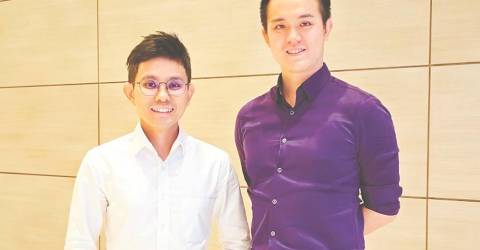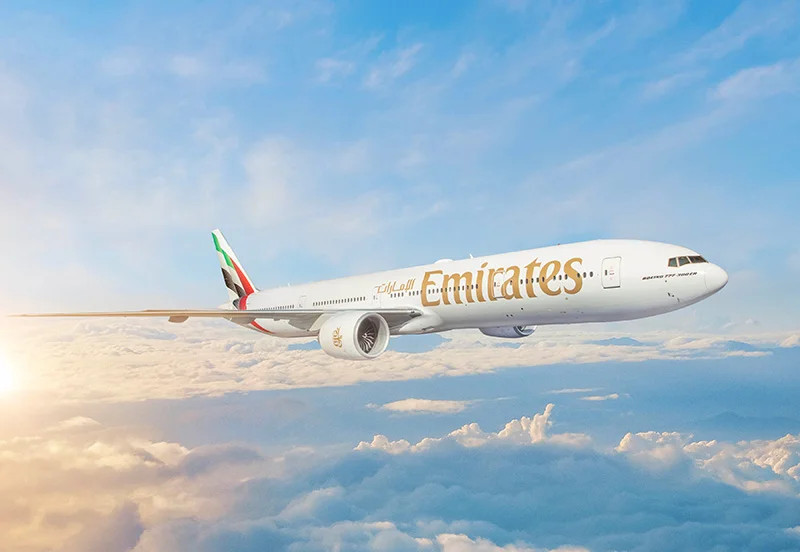
KUALA LUMPUR: StemCell First Sdn Bhd, a centre for regenerative medicine, has allocated up to RM20 million to enhance infrastructure and improve accessibility to its services in Malaysia and across the region. This investment will support Stemcell First’s expansion efforts, including setting up clinics, establishing collaborations with local partners and facilitating cutting-edge technology transfers. “We are actively expanding into Indonesia and Thailand.
Our clinic in Thailand is already operational, while in Indonesia, we are seeking strategic partnerships with local laboratories. Although we do not currently plan to establish a clinic in Indonesia, we are exploring collaborations with hospitals in the region. “This expansion aligns with our commitment to advancing healthcare accessibility and innovation, ensuring that more people benefit from our groundbreaking medical solutions,“ Stemcell First Group chief operating officer Allen Law told SunBiz .

StemCell First was incorporated three years ago, focusing on advanced gene and cell therapy. The company offers advanced therapies for chronic conditions such as Parkinson’s, diabetes and cancer. Law said one of StemCell First’s latest offerings is the Multiple Cancer Early Detection (MCED) test, which allows individuals to assess their likelihood of developing cancer in the coming years through a simple 10ml blood test.
He said the company’s MCED test is different from conventional cancer screenings available at hospitals. While standard blood tests are widely known, MCED is still relatively new in Malaysia and not yet familiar to the general public. Law pointed out that, unlike regular blood tests, MCED requires a specialised process.
The collected blood samples are sent to an overseas laboratory for advanced analysis, which takes about one month to generate results. “This process involves complex scientific analysis, allowing us to screen for nine types of cancer at an early stage – even before symptoms appear. Traditional blood tests cannot provide this level of predictive insight.
“In terms of cost, MCED is more expensive due to its advanced technology and logistical requirements. While standard blood tests range from RM80 to RM1,000 for premium screenings, MCED currently costs between RM3,000 and RM4,000. This pricing reflects the cutting-edge analysis and comprehensive detection capabilities it offers,“ Law said.
He said StemCell First’s customer base can be categorised into two main groups. The first group consists of individuals at high risk of cancer, particularly those with a family history of the disease. If a person’s parents or close relatives have been diagnosed with specific types of cancer, they may want to undergo testing to assess whether they have inherited any genetic risk factors.
The second group includes individuals with medium to high net worth who prioritise their long-term health. They opt for MCED as a proactive measure to ensure they remain healthy in the coming years. “Currently, Malaysia is our primary market, as MCED was launched less than six months ago.
At this stage, we are offering the service exclusively in Malaysia while working to resolve logistical challenges before expanding into Thailand and Indonesia,“ Law said. StemCell First is taking a structured approach to securing collaborations in Thailand and Indonesia. Law said the first step is conducting due diligence on potential laboratory partners to ensure they meet the company’s stringent medical standards.
“We require labs to be clinically certified and possess CGMP certification, ensuring they can perform essential processes such as centrifugation and DNA extraction. Once we have identified suitable partners, we will proceed with negotiations, covering key aspects such as pricing, turnaround time, and workforce capacity. “As for the timeline, we are confident in securing a partnership this year.
However, our immediate focus is on Thailand, as we are strategically allocating resources to ensure a smooth expansion,.” Law also said that one of the key challenges has always been bridging the gap between basic research and market implementation. “However, opportunities are expanding, especially with Asia’s growing prominence.
” Globally, education levels are rising, and more skilled talent are entering the industry, leading to an increasingly competitive and dynamic market, he noted. “Malaysia, Indonesia and Thailand are all making progress in this space, each developing their own strategies and solutions. Singapore, too, has established a presence in this field, contributing to the region’s overall advancement,“ Law said.
When asked about collaborating with insurance companies Law said such a partnership would be an ideal scenario for StemCell First, as pricing remains one of the biggest challenges in medical treatments. “High treatment costs can prevent patients from accessing life-saving care. Insurance coverage would not only make our services more accessible but also significantly enhance our long-term revenue.
“Our goal has always been to work with insurers, but this requires going through a rigorous assessment process. Insurance companies operate based on risk calculations, determining what they can cover and how premiums are structured. “To gain their support, we must provide comprehensive data for evaluation.
Only after this thorough assessment can they make an informed decision on whether to offer coverage for our services,“ Law said..















